For thousands of years, humans have used stories as a way of understanding the world and providing a connection between one another.
Despite this, it seems that only recently have B2B brands picked up the baton and really ran with it, with more and more brands realising that at the heart of everything they do, there should be a story there – an authentic, natural story that helps them connect with their customers.
After all, it doesn’t matter if you’re selling to consumers or to other businesses, because the decision to purchase is made by a person (or buying committee) not the company. Microsoft doesn’t buy anything; it could be David, the IT director, or Elaine, the COO, who makes the buying decision. So, we’re all just people – and we like nothing more than a good story.
Yet still, not everyone’s aware of how important authentic brand storytelling is in B2B. People are still putting together mass-produced content that’s convenient to get out there as soon as possible, instead of taking the time to focus on stories that really ring true and resonate with their customers.
As an interactive experiences agency who specialise in bringing stories to life, we’re going to explain more about the importance of authentic brand storytelling in B2B and why it can really pay off.
Tip: Don’t forget read about the importance of storytelling as part of any sales enablement strategy.
1. They build a strong foundation
In the age of mass-produced content, taking the time to stop, think and build an authentic brand story can provide you with a strong foundation on which to build up everything from marketing campaigns and PR, to future growth strategies – even having a big impact on your company culture.
A story based on truth and that speaks to people – regardless of how much effort your creative team has put into making it more interesting, exciting or compelling – will serve as a strong foundation for years to come.
If you want to find your story, try looking closely at your brand, and the people involved at different levels as well as the brand’s heritage. It is no fluke that some of the most successful and longest lasting brands have strong connections with and make great use of their brand history and the values that helped to establish the company.
There are stories to be told; you just have to look carefully, and recognise their potential significance moving forward.
2. They help you make a connection
We’ve said it before, and we’ll say it again. Stories are vital for reaching out and making an emotional connection with your customers. Whether you’re telling it in a presentation, a pitch, or in your ads or social media strategy, share your story and connect with the people you need to reach.

Entrepreneur John Stapleton knows a few things about good brand storytelling. He says:
“Obviously you need good products, but the success of many brands is linked to emotion. A strong story based in reality will bring your message and values to life in a way the consumer can believe in.”
John Stapleton
So, if you want your customers to engage with your brand, understand who you are and what you’re about – and even become brand advocates – having a good story at the heart of what you do can’t hurt.
3. They establish and build trust
Perhaps more than ever before, B2B customers are overwhelmed with content and choices. However, an authentic, honest story that they can relate to will help win their trust – and, hopefully, their business.
Founder of Narrative Leadership Associates, and author of ‘Telling the Story – the heart and soul of successful leadership’, Geoff Mead, says:
“Stories involve specific events that happen to particular characters, so narratives that veer towards generalities, explanations and abstractions, or which insist on telling their moral or meaning, have abandoned storytelling in favour of advocacy. They lose their extraordinary ability to stimulate both the feelings and imagination of the teller and the audience.”
Geoff Mead
As long as your story comes from a place of authenticity, it can ring true and resonate with your customers in the best possible way. Keep building their trust with consistent messaging and this will help guide them through your funnel, towards making that all-important purchase or awarding you that contract.
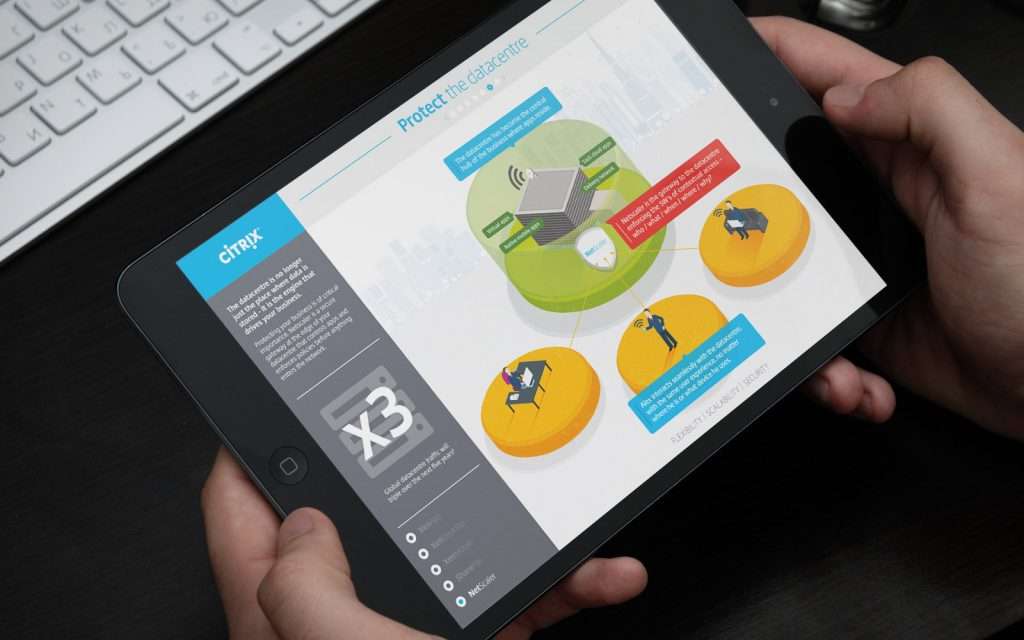
4. They set you apart from the crowd
B2B buyer behaviour is changing, and although you might like to think you’re different from your competitors, you’re really not that different. In fact, there’s no such thing as a USP anymore, which means you need something else to set you apart in a crowded market.
If you can tell a winning story that’s powerful, and perfectly demonstrates how your solution will impact on the world of your customers, you’ve already won half the battle – and if you can tell it in a visual way, all the better. After all, our brains process images around 60,000 times faster than words, and they help make your story so much more memorable.
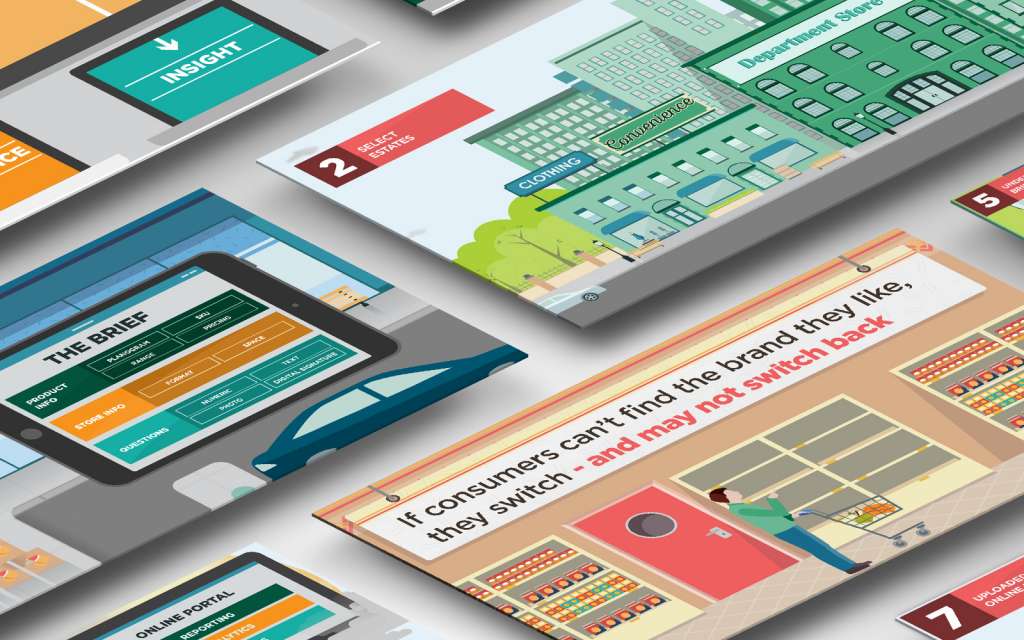
5. They add value and meaning
The good thing about us humans is that we usually come with a strong set of values, a sense of right and wrong, and we aspire to be so much more.
Having a powerful brand story can perfectly highlight your values and add meaning to what you do. This helps your customers not only make connections with you but also choose you based on a deeper more meaningful reason; their beliefs align with yours.
CEO of business intelligence service StoryScore, Martyn Tipping, says:
“They want to buy a brand that represents their values, or that embodies their aspirations. And the best way to show people what you believe in and what you’re aiming for is to tell stories. Stories are made to be shared, and they’re more memorable than simple facts.”
Martyn Tipping

6. They create brand affinity
Now, let’s add all of the above up. If you have customers who are attracted to your brand based on a strong message or story, who feel emotionally connected to your brand and your values, and who trust you above your competitors, what will they become? Advocates for your brand and customers of course!

What’s your story?
Authentic brand storytelling in B2B perhaps isn’t always a given – but it is vital if you want to establish a strong connection with your customers. Especially at a time when people are serving up content at a pace we’ve never seen the likes of before. Take a look at why immersive technology and brand storytelling are such a good fit.
So, whether you’re making that important first connection in the boardroom, on your website, or in an interactive, it’s essential that you think carefully about the story you need to tell and the best way to tell it. Last but not least, tell it in a visual way that strikes a chord with your audience.
One thing we’ll leave you with… Some of the most successful B2B brands are already out there telling their stories – so, what’s yours?
If you’d like to know more about brand storytelling using an interactive sales experiences platform, get in touch today on +44 (0)117 329 1712 or hello@popcomms.com. We’d love to hear from you.
Related Posts
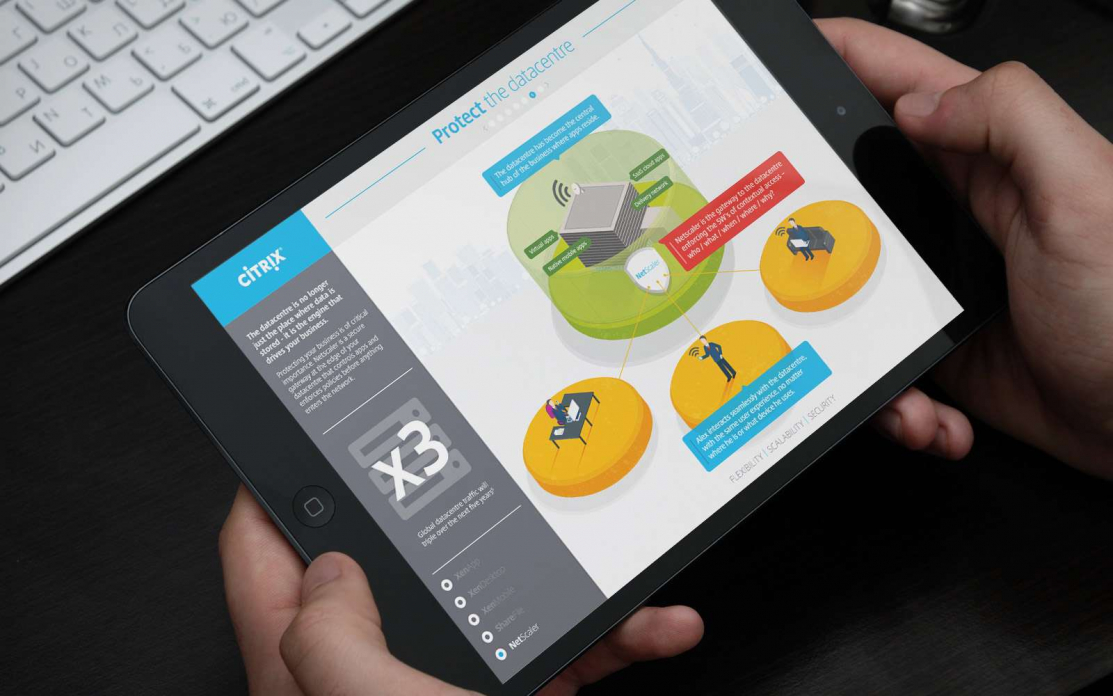
Case Study: How POP Create Interactive Presentations That Are Easy for Customers to Share Internally
Read
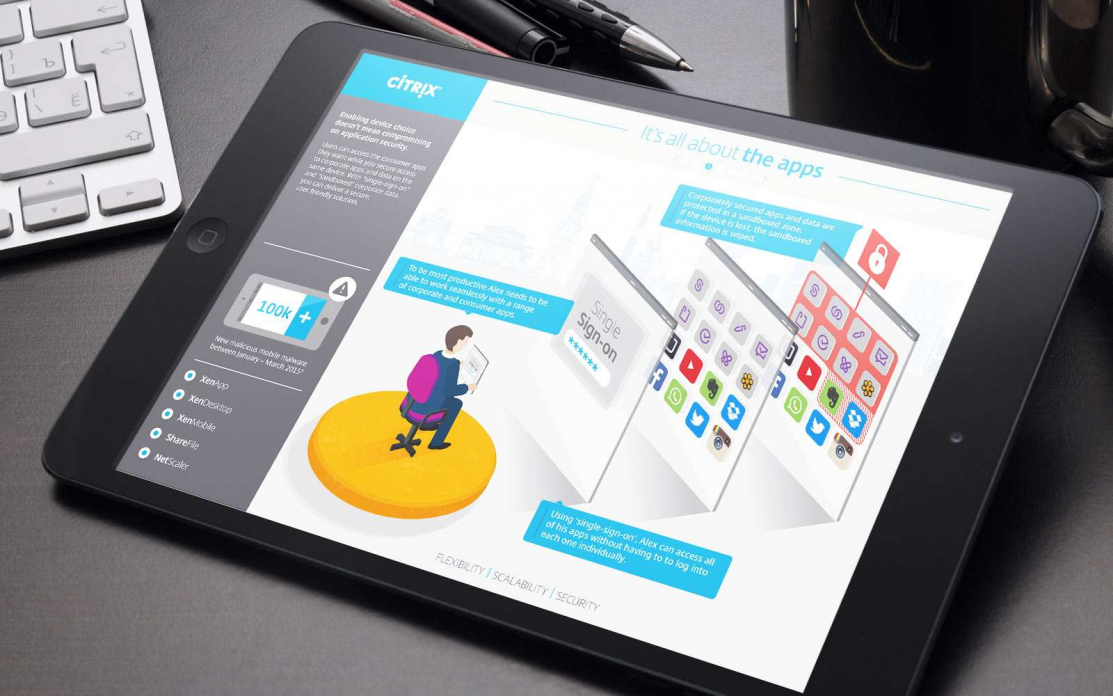
Costly Interactive Sales Presentation Errors to Avoid
Read

How Much Do Interactive Sales Experiences Cost?
Read
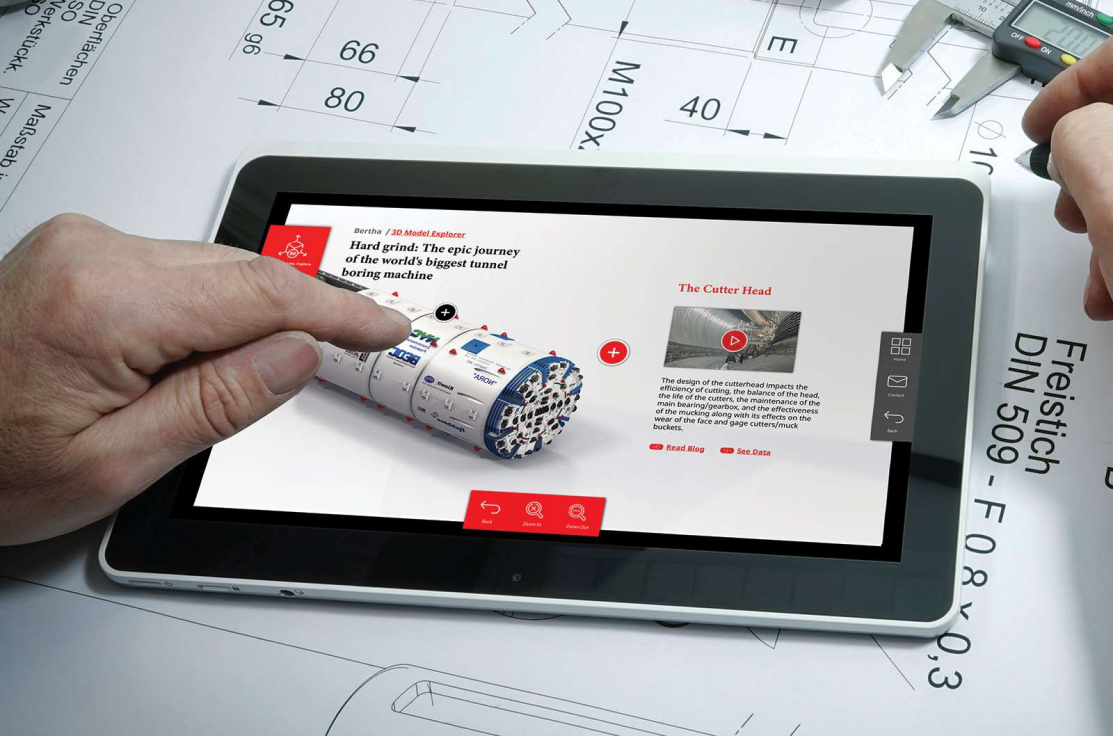
Why Visual Storytelling is Essential for Your Interactive Presentation
Read